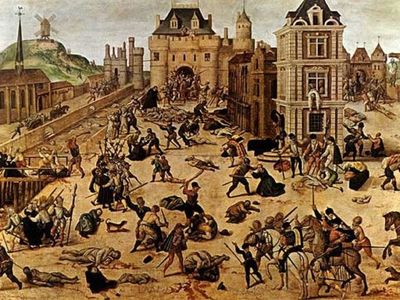The story of how the Germans were trained to become a nation of purists
Sugar.mn staff

In the past, the Germans used to throw ashes, dead pets, excrement, thick liquid, after washing out of the yard, anywhere. At that time, it is unbelievable that they were citizens of cities and villages covered with garbage and suffering from diseases caused by pollution. In the 15th century, the Duke of Württemberg could no longer tolerate the stench of his city, and even though he established a rule to dispose of excrement and garbage outside the settlement, the citizens' unconscionable actions did not stop and they were not interested in following the rules. , and it was not implemented at all due to the inability to increase the number of people to be checked. Thus, the duke issued another order, and as a result, the village became clean, and the basis for the definition of cleanliness of today's Germans was laid. According to the decree, if citizens do not report a neighbor who does not clean up his garbage, dumps it on the street, and pollutes it, both the person who did not report it and the neighbor who pollutes will be punished. If reported on time and ignored, depending on the number of actions, the informant was rewarded with half of the land of the dirty neighbor, and the problem of expanding the scope of the clean environment was reflected in the way of enlarging the land of useful and hardworking people. As a result of this, every family, home, and the area inside the yard, in order not to lose the place and place to the curse of the yard, and because of the fear of the long tongues and tongues of the informers and the neighbors, every Saturday, a clean nation was born. It is believed that it has contributed to the development of today's strong and developed country by improving the social mentality and eventually leading to good results in which people can compete with each other in a comfortable manner.
Latest









